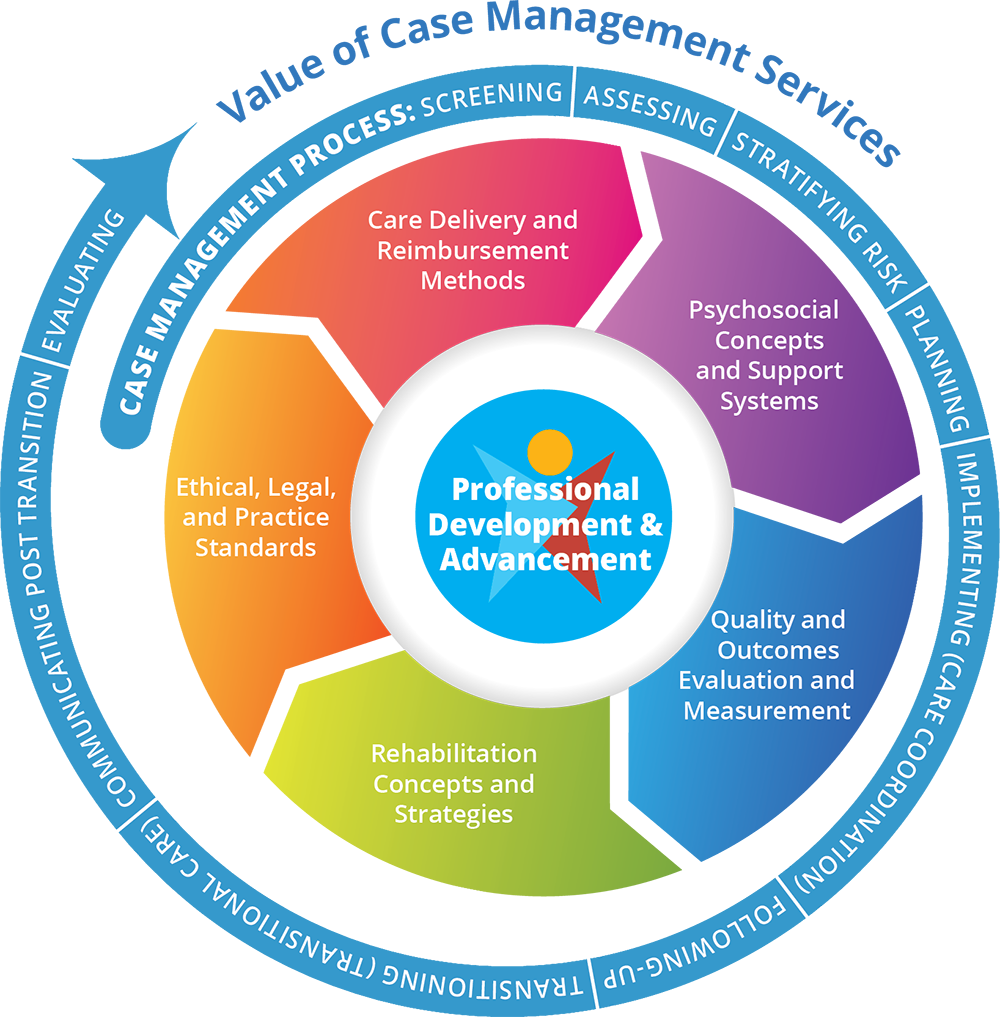COPD is short for chronic obstructive pulmonary disease. Maybe you’ve had trouble breathing but thought it was just from getting older. Or maybe you knew something was wrong because you have had trouble breathing for a while. You might have been coughing a lot and feeling very tired.
But there is good news: you might not be able to get rid of your COPD, but you may be able to slow down its symptoms or stop it from getting worse.
To help control your COPD, you need to understand what it is. In COPD, less air flows in and out of your lungs. This happens because:
- Airways and air sacs lose their ability to stretch
- Walls between some air sacs are destroyed
- Walls of the airways become thick and inflamed
- Airways make more mucus than usual, clogging themselves
Reduced airflow in COPD is caused by a mixture of:
- Emphysema, where the walls of the air sacs in the lungs are damaged and lose their elasticity. The walls of the air sacs are destroyed leading to few and larger air sacs reducing the amount of oxygen and carbon dioxide exchanged in the lungs.
- Chronic bronchitis, where the lining inside the airways is irritated and inflamed. This causes the lining to become thick, which creates excess mucus, making it hard to breathe
COPD by the Numbers
COPD is the third leading cause of death in the United States. About 12 million Americans have been told they
have COPD. Twelve million more people probably have COPD, but they don’t know it. Severe COPD can get in the way of doing even the most basic tasks, such as light housekeeping, taking a walk, bathing, and getting dressed.
Risk Factors for COPD is most common in people who are:
- Current or former cigarette, pipe, cigar, water pipe, or marijuana smokers
- Smoke from home cooking/heating fuels
- Occupational dusts, vapors, fumes, gases, or chemicals
- Genetic factors
- Diagnosed with asthma as a child
Yes, COPD is a serious disease. But with the right treatment and a healthier lifestyle, you can help keep it from getting worse.

